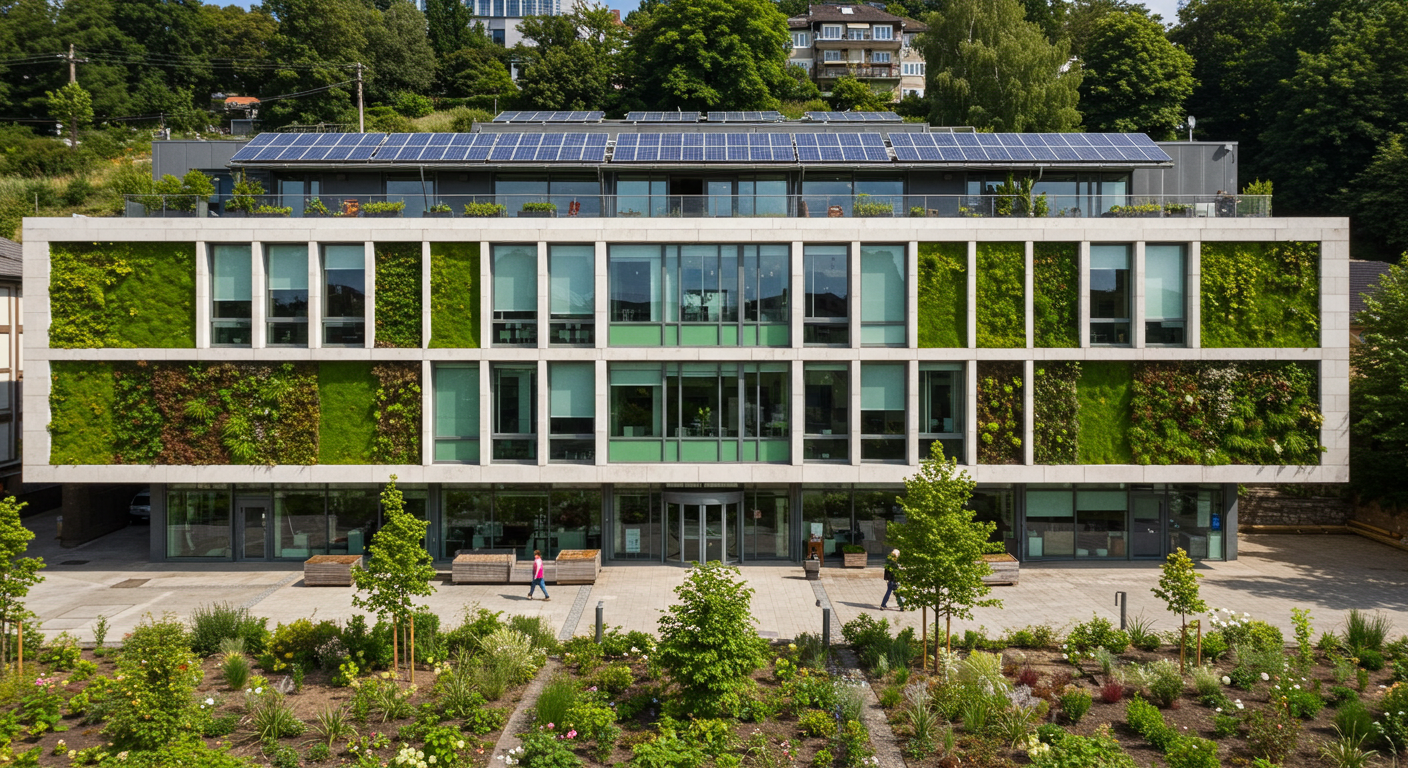The Energy Efficiency Certificate for Buildings and Its Immediate Future
In Spain, the Energy Efficiency Certificate (EEC) has become a key element of the real estate market. Since the entry into force of Royal Decree 235/2013, which transposed Directive 2010/31/EU, this document is mandatory for the sale or rental of any home or commercial premises. The certificate, prepared by a competent technician and registered in the autonomous community, assigns each property an energy rating between A and G based on its consumption and CO₂ emissions. Beyond its informative function, the EEC has until now served as an administrative requirement: its existence is sufficient, even if the property has the worst energy rating, for the sale or lease to be formalized.
In recent months, there has been some confusion about what will happen in 2030.
The recent Directive (EU) 2024/1275, which reforms the Energy Performance of Buildings Directive (EPBD), sets ambitious consumption and emissions reduction targets for all Member States, with the goal of making the European building stock virtually carbon-neutral by 2050. These milestones include a 16% reduction in energy consumption in buildings by 2030 and a 20-22% reduction by 2035, with special attention to the renovation of the most inefficient properties.
However, it is worth highlighting that, to date, Spain has not passed any regulation expressly establishing that, starting in 2030, homes with a rating lower than E or D may not be sold or rented.
What the European Union has done is require states to present a roadmap with progressive measures to improve the efficiency of their housing stock, which will foreseeably lead to a future limitation on transactions with F or G properties, but there is still no specific Spanish provision in this regard.
The clearest example of where Europe is heading is France. There, the Climate and Resilience Law already prohibits the rental of G-rated homes starting in 2023, and the timeline foresees that the ban will be extended to F-rated homes in 2025, E-rated homes in 2028, and that by 2034 only homes with a D rating or higher will be able to be rented. Spain, on the other hand, maintains a more flexible framework for now: the CEE remains mandatory, but no minimum efficiency level is required for sale or rental.
In this scenario, what does seem certain is that the certificate will cease to be a mere informational procedure and will become a true enabling condition in the future.
Although there is still no specific date in Spanish regulations, European pressure indicates that limits will be imposed on the most inefficient homes in the coming years. Experts advise homeowners not to wait: improving insulation, replacing windows, or modernizing air conditioning systems will be necessary actions both to meet future requirements and to maintain the market value of properties.
Ultimately, the Energy Efficiency Certificate will continue to be mandatory in Spain, as it has been for more than a decade, but the debate is no longer whether it will be required—that is clear—but rather when a minimum efficiency level will begin to be required to operate in the market. Currently, no Spanish provision sets this date for 2030, although Directive (EU) 2024/1275 sets the course and anticipates that the next legal changes in our country will move in that direction.

